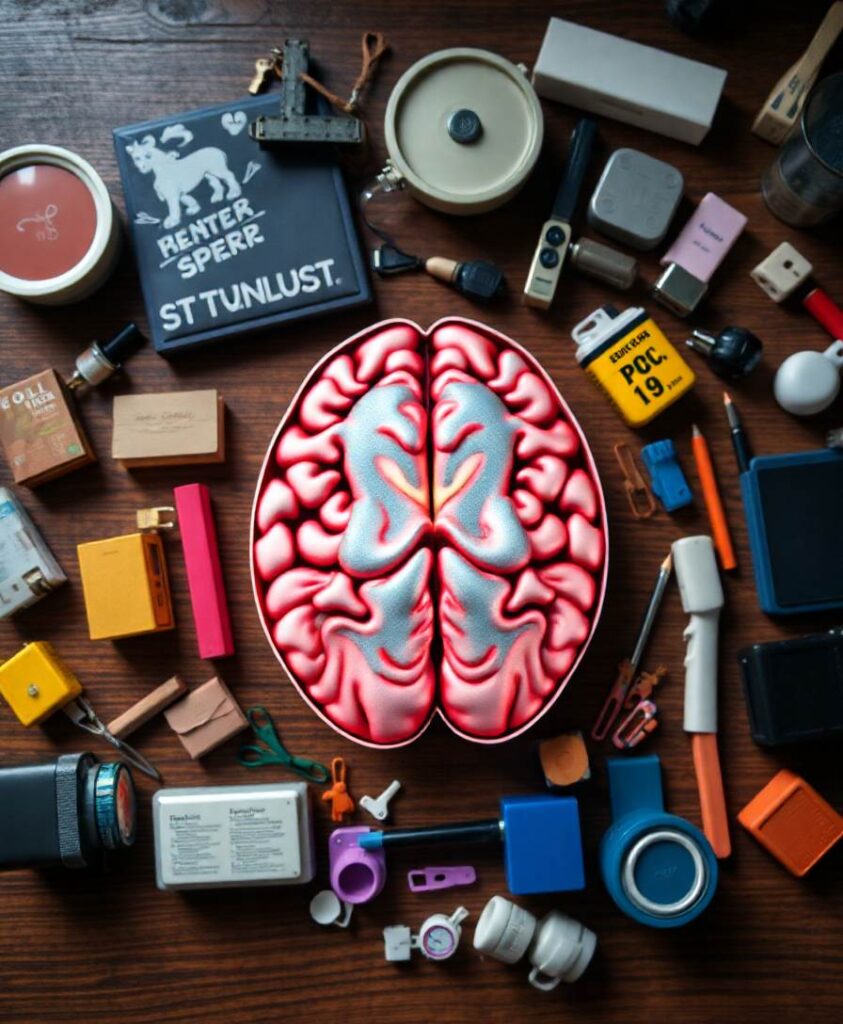A new study suggests young children are more vocal when interacting with toys and household items, highlighting their importance for developing language skills.
Babies talk more around human-made objects than natural ones
Imagine that you are sailing through the ocean of language development. Suddenly, you come across two islands – one made entirely of toys and the other covered in natural objects. As you approach the toy island, you hear a cacophony of voices. It turns out, young children are more talkative when they interact with playthings and household items than when they encounter rocks and plants. This study reveals that babies intuitively understand the importance of these man-made objects for developing their language skills, just like how an island full of toys would be a treasure trove for any play enthusiast. The findings can have a profound impact on the design of toys and educational materials that stimulate language acquisition in children. It makes you wonder if our ancestors were just as intrigued by their tools and inventions, which might have played a key role in the evolution of human language. Dive deeper into this fascinating study to unlock the secrets of how babies flourish in a world filled with words!
Aiyana is an Indigenous educator from Alberta, with a background in environmental science and community wellness programs. She volunteers as an author to explore how traditional knowledge intersects with modern neuroscience to unlock human resilience and potential.


